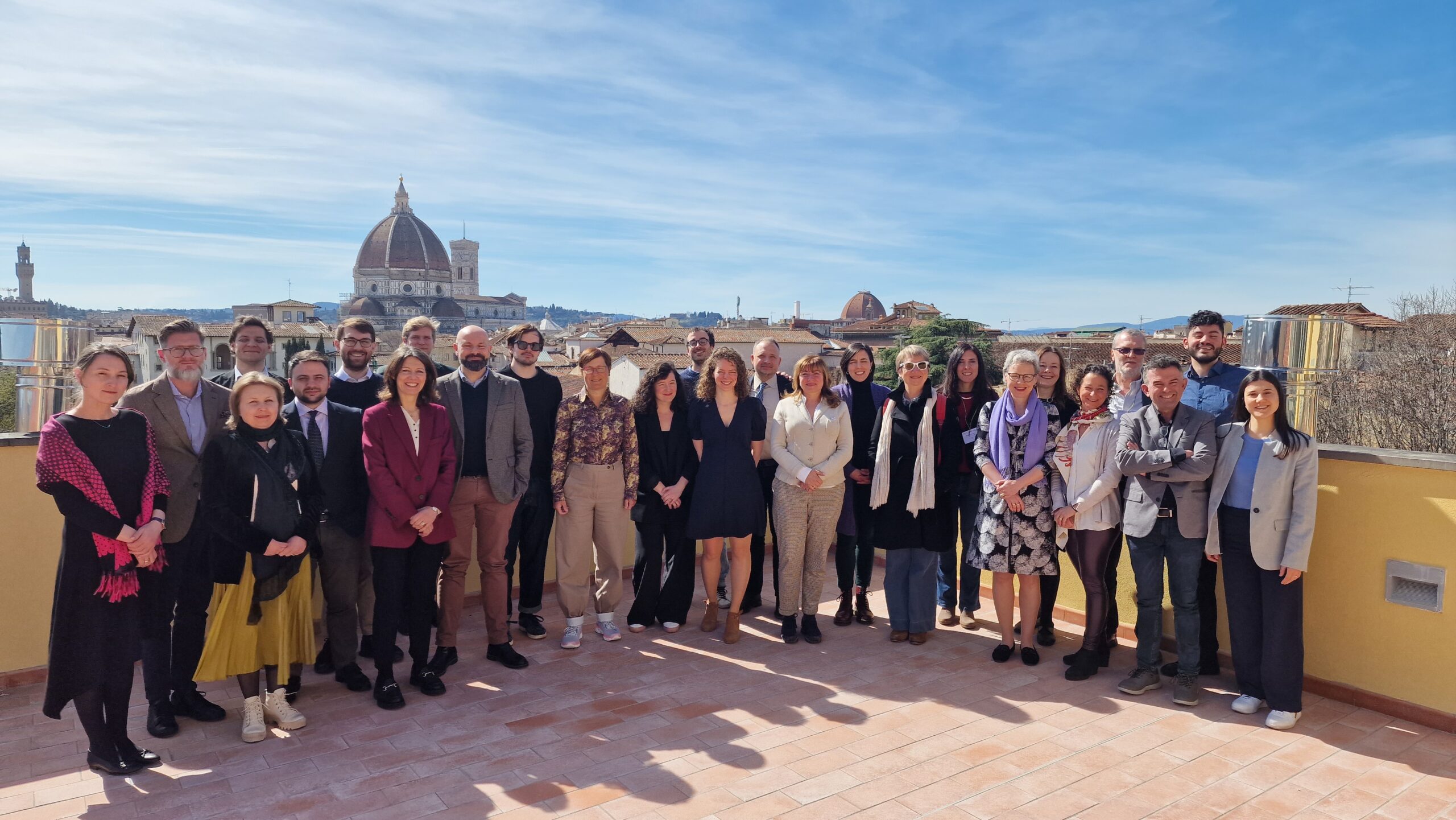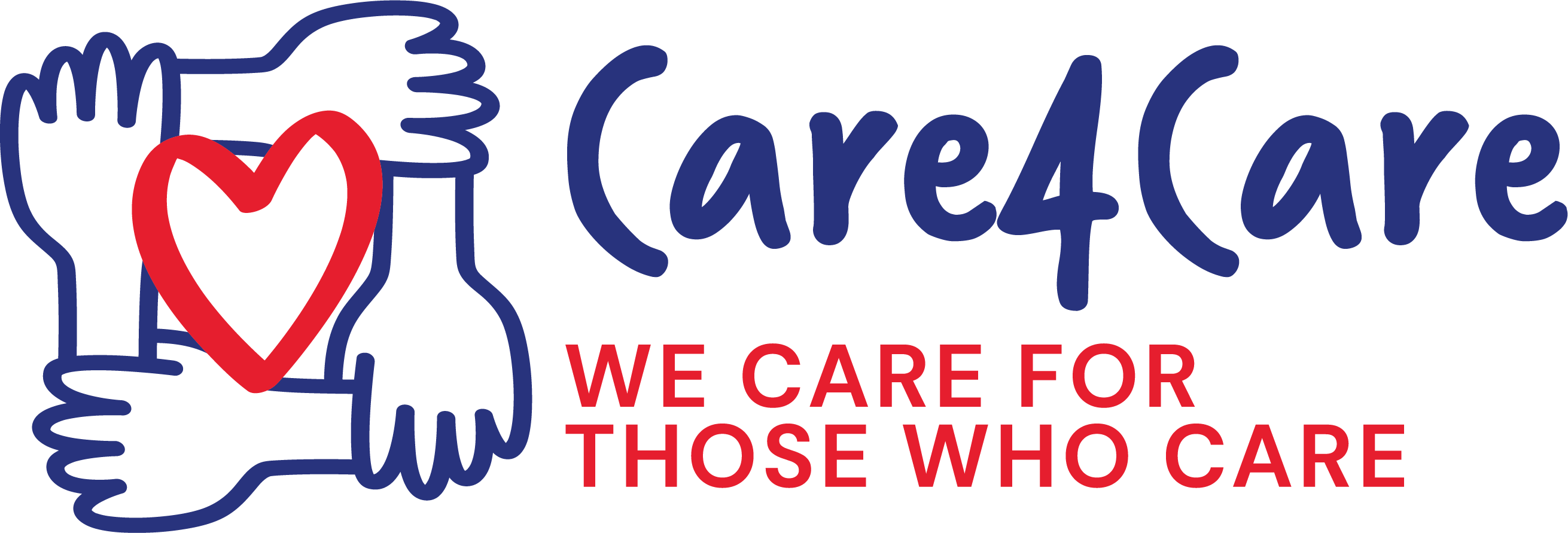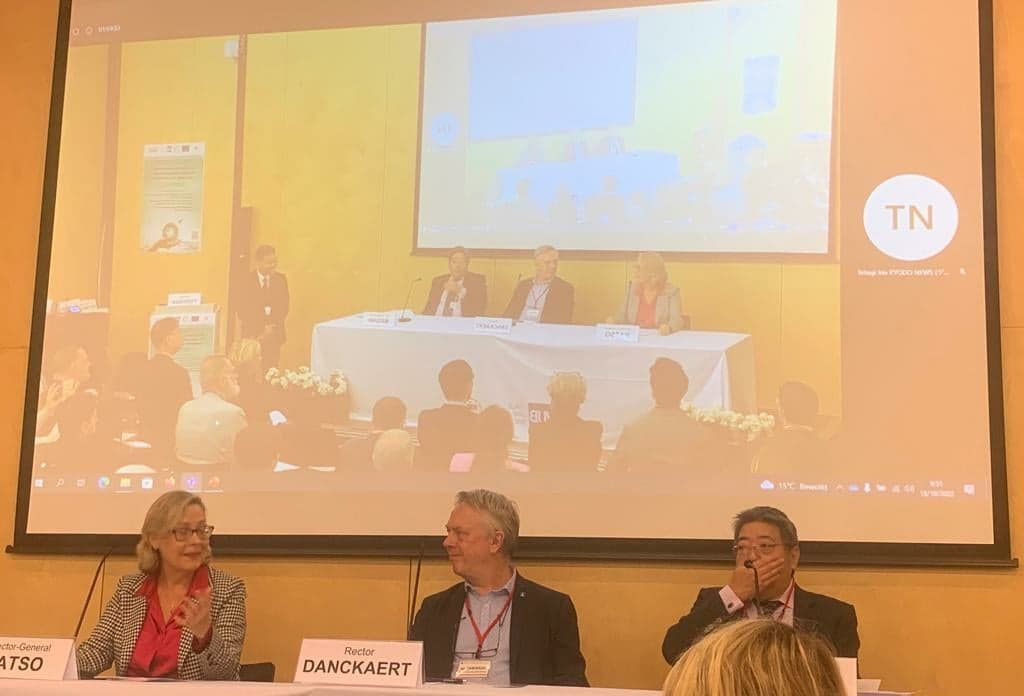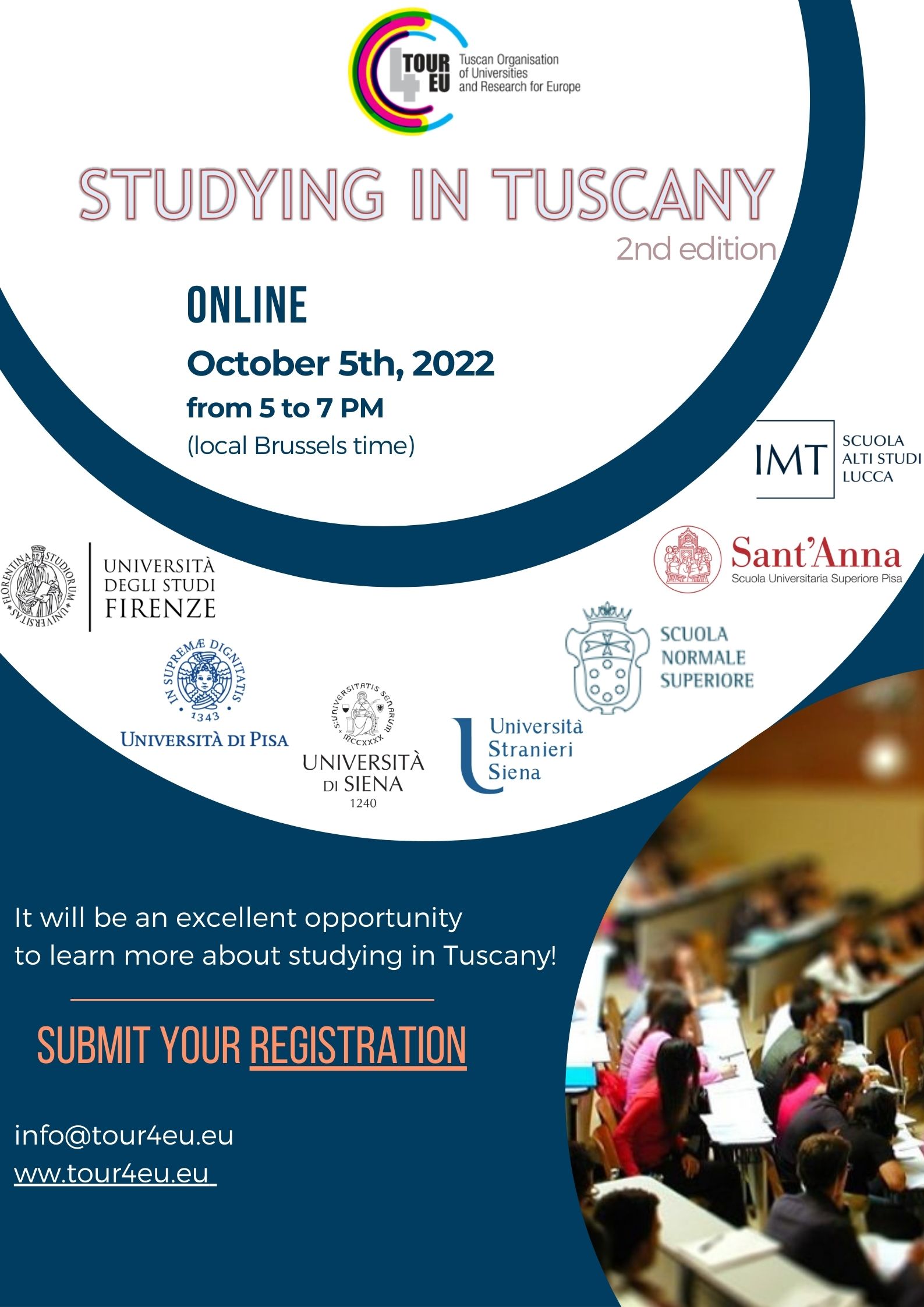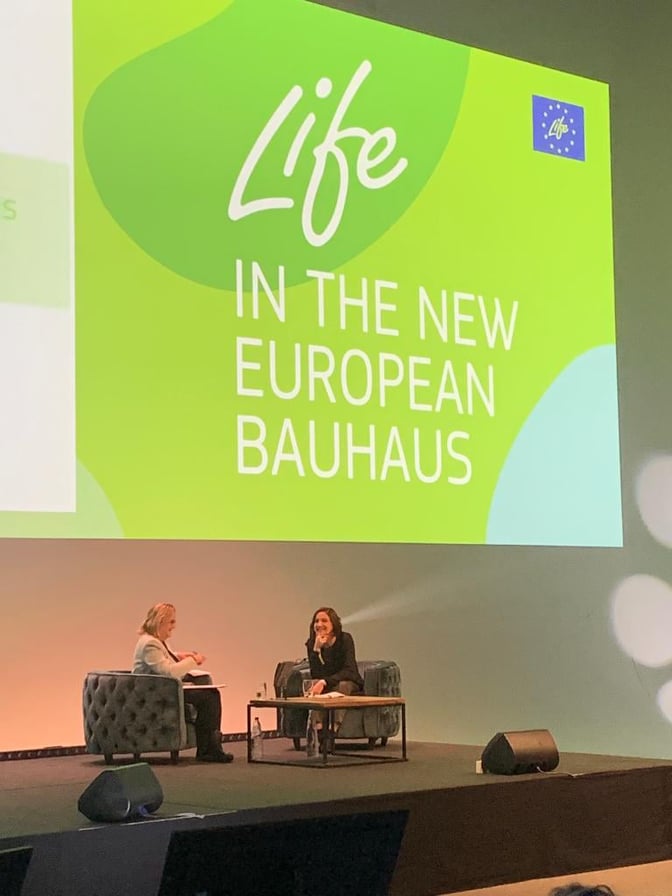PRESS RELEASE
The two-day launch and presentation event of the Horizon Europe CARE4CARE project was held on 16th and 17th March 2023 in Florence. The meeting, open to the public audience, reached a broad variety of stakeholders, from trade unions to employers, from families’ associations to equality bodies and networks dealing with healthcare. That’s to indicate the actuality and relevance of the topic the partners are dealing with, in line with actions undertaken by the European Union on setting up a European Care Strategy.
”The key word for this project is inclusion. Society is facing multifaceted challenges and for any transformation to be considered an improvement, it needs to be conjugated with inclusion. People must feel a part of change”. With these remarks Professor Debora Berti, pro-rector of the University of Florence, opened the launch event.
‘’It is quite evident that care sector has suffered for a long time up to the present from a severe shortage of personnel and depends almost entirely on the shoulders of women and migrants who work mainly for lower wages, fewer protections and insufficient security. All this led to a question: who cares for those who care?”These were the introductory words of the coordinator of the project Maria Luisa Vallauri, professor at the University of Florence, when describing the initial research question that led to the conception of this very ambitious project.
“We believe that knowledge and awareness of rights are essential tools for empowering and including care workers. CARE4CARE web platform will constitute an excellent mean to achieve this goal”. Professor William Chiaromonte from the University of Florence, leader of the Work Package on Web Platform development, underlined the double objective of the project: not only analysing risks and conditions that lead care workers into positions of vulnerability, but also creating tools to improve their job quality as well as increase the awareness of their rights.
During the Conference, all the partners of the Consortium had the opportunity to present contents and aims of the workpackages led by each of them together with the role they will play in the project, giving to the audience a clear idea of the research and societal outputs pursued and the deliverables achieved so far. These include the creation of the project website, which is already online, as well as the definition of a communication strategy. Moreover, the University of Lund and the University of Girona drafted a questionnaire, fundamental to collect data and produce reports during the project lifetime.
The next step consists of the launch of the newsletter: a key tool for disseminating and communicating the progress of the ongoing activities. It is possible to subscribe to the newsletter at the following link http://www.care4care.net/newsletter-subscription/ or via the project website www.care4care.net .
The contents of this article are the sole responsibility of the CARE4CARE project and do not reflect the opinion of the European Union.The European Commission is not responsible for any use that may be made of the information it contains.

